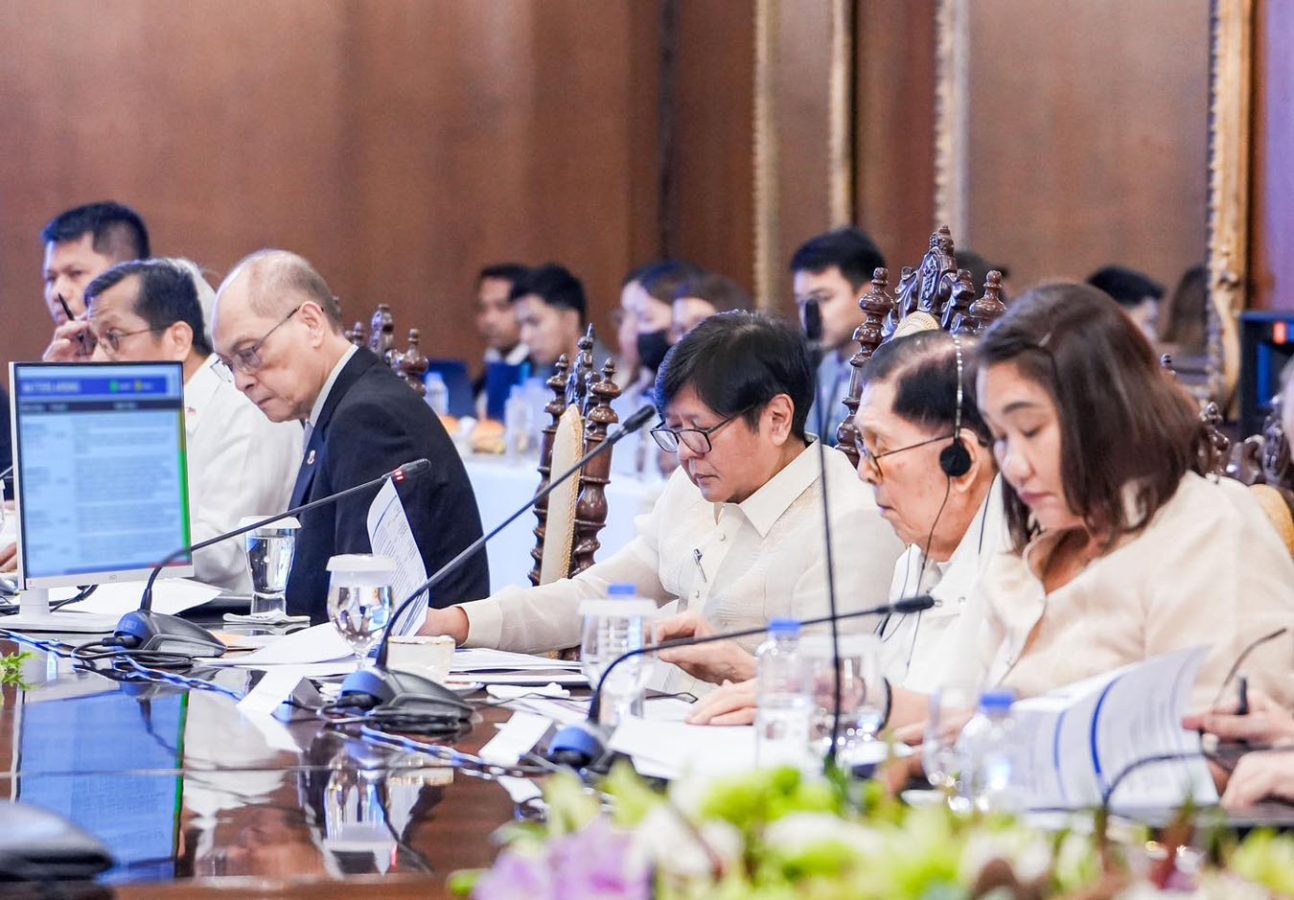
Seeing the potential of the Philippines in electric vehicle (EV) production, President Ferdinand R. Marcos Jr. welcomed on Thursday the public-private sector collaboration to make the country a major player in the e-vehicle industry.
During the 4th meeting with the Private Sector Advisory Council (PSAC) Job Sector Groups in Malacañang, the President said that the Philippines is becoming part of the global chain for EVs because it already has industry potential.
The President, however, noted that consumers’ demand to source power from green energy could pose a challenge in the pursuit of an EV industry in the country.
To address the challenges, Marcos underscored the need for the private sector and the government to be conscientious in considering the issue, and instructed the PSAC-JSG to submit a complete list of the proposals they presented.
The PSAC-JSG made a commitment to study the proposal further and to continue working with their consultants to provide the President with a better plan.
Among those who attended PSAC-JSG meeting included Executive Secretary Lucas Bersamin; Labor Secretary Bienvenido Laguesma, Finance Secretary Benjamin Diokno; Department of Trade and Industry Secretary Alfredo Pascual; Secretary Arsenio Balisacan of the National Economic and Development Authority; Chief Presidential Legal Counsel Juan Ponce Enrile; Secretary Alfredo Lagdameo, Special Assistant to the President; Presidential Adviser Frederick Go, special adviser on investment and economic affairs; Commission on Higher Education Chairman Prospero De Vera III; Senior Undersecretary Domingo Panganiban of the Department of Agriculture; and Administrator Hernani Fabia of the Maritime Industry Authority.
Representing the private sector during the meeting were Sabin M. Aboitiz of the Aboitiz Equity Ventures Inc., Joey Concepcion III of RFM Corp., Alfredo Ayala of AC Education Inc., Rizalina Mantaring of the Ayala Corp., Kevin Tan of the Alliance Global Inc., Doris Magsaysay-Ho of the Magsaysay Group of Companies; Teresita T. Sy-Coson of the SM Investments Corp.
Anthony Oundijan of the Boston Consulting Group acted as the PSAC-JSG resource person of the council.
The advisory council met the President to discuss the updates on its previous recommendations and to present new proposed strategies to accelerate job creation in the country, particularly in the agriculture, information technology and business process management, manufacturing, maritime, and automotive sectors.
The PSAC-JSG has thrown its support to the administration’s priority in vehicle manufacturing that includes internal combustion engines and EVs, and recommended for the conduct of data-driven case studies for top opportunities in the EV value chain.
Among the council’s new recommendations are supporting the government’s thrust in EV manufacturing with a proposal to look into 17 downstream and upstream industry development opportunities, including mining in the EV value chain.
The global EV sales are expected to overtake non-EV sales globally by 2026, deeply reshaping a century-old industry. As EV adoption rises, many vehicle parts will remain but some of the costliest components will be replaced.
Seven of 18 common automotive components of a vehicle are being produced in the Philippines, with one of four internal combustion engine (ICE) specific components locally made.
In the case of the Philippines, there are huge opportunities in the expansion of copper mining and refining, copper-heavy component manufacturing, expansion in electrical component manufacturing, software development as well as delivery centers.
The Philippines ranks fourth in copper reserves globally, with three plants set to increase production 10-fold by 2027.
It could also scale up benefits opportunity by pivoting to larger-scale mining and also has the potential to vertically integrate downstream in wires and rods further for EV components.
The country has regional advantage in terms of raw materials, battery and parts manufacturing because of its easier access to natural resources such as copper, nickel, and with its opportunity for domestic processing and production. PND

